Future of the BBC: Government to ask 'hard questions'
- Published
- comments
John Whittingdale on the future of the BBC
The government says it will ask "hard questions" about the size and ambition of the BBC as part of a consultation on its future.
Culture Secretary John Whittingdale told MPs a decision had to be made on whether the BBC should try to do "all things" or become more "precise".
Launching a Green Paper on the corporation's future, external, he said he wanted the corporation to "thrive".
But the BBC said the review suggested "a much diminished, less popular, BBC."
"That would be bad for Britain and would not be the BBC that the public has known and loved for over 90 years," it said in a statement, external.
Speaking in Parliament, Mr Whittingdale said the consultation would raise four fundamental questions:
What is the overall purpose of the BBC?
What services and content should it provide?
How should the BBC be funded?
How should the BBC be governed and regulated?
"The British Broadcasting Corporation is cherished and admired not only in this country but around the world," he said. "At its best, the BBC sets international standards of quality."
Citing the 2012 Olympics, Sherlock and Doctor Who, he added that the BBC's "most popular programmes continue to draw the country together in a shared experience."
BBC Director-General Tony Hall: People want a "strong BBC, neither smaller or bigger... that informs, that educates and also entertains"
However, he said there were "particular challenges" around how the corporation reached ethnic minorities and younger people.
Mr Whittingdale also quashed rumours he wanted to scrap popular shows like Strictly Come Dancing; and insisted there was "no proposal to close Radio 1 or Radio 2".
But he stressed the BBC should remain "distinctive" instead of competing with its commercial rivals.
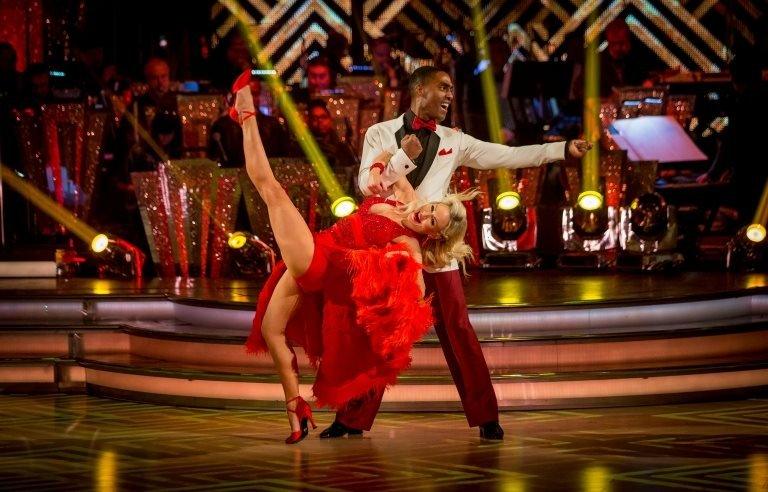
The culture secretary said he did not intend to stop the BBC making popular shows like Strictly
Addressing the question of how the BBC should be funded, the culture secretary said there was "no easy solution" but described the current licence fee model as "regressive".
Alternatives - including a household levy and a subscription model - will be investigated as part of the review, although he admitted subscription "cannot work in the short term because the technology is not yet in every home to control access".
Mr Whittingdale also announced that an independent review had concluded that non-payment of the licence fee - which the BBC has said would cost it £200m - should not be decriminalised. That recommendation will be considered during charter review.
Meanwhile, the BBC has already agreed to take on the cost of free TV licences for the over 75s, in return for some concessions, including linking the licence fee to inflation.
Chris Bryant MP (Labour): "All the private briefing... has all been they 'want to cut the BBC down to size'"
Thursday's Green Paper also said responsibility for regulation of the BBC, could be transferred away from the BBC Trust, after a string of incidents where the corporation had "fallen well short of the standards we expect".
Mr Whittingdale cited "editorial failures" in the light of the Jimmy Savile revelations and the level of severance payments as sources of "disquiet".
He also made reference to the BBC's failed Digital Media Initiative, which cost licence fee payers £98.4m.
Responding to the announcement, Labour's shadow culture secretary, Chris Bryant, insisted the BBC should continue to make popular programmes like Strictly Come Dancing, Top Gear and The Voice.
He told Mr Whittingdale: "The golden thread that runs through the concept of the BBC is that we all pay in and we should all get something out, and that includes... those who like opera and those who like soap opera."

Analysis: Mark Easton, Home editor
This is a consultation that is very much about the BBC's place in the broadcasting and media market. To what extent should the BBC, which has expanded enormously over the last 20 years, stay as it is?
Should the BBC shrink back to its "core purpose", as Mr Whittingdale would describe it, as a public service broadcaster, making distinctive programmes?
In television, is it appropriate for the BBC to create programmes like Strictly and Sherlock, which commercial companies could arguably make? In radio, should the BBC be running stations like Radio 1 or 2, which the commercial sector could match?
And is the BBC's very substantial online footprint warping the market against other players in news and other services?
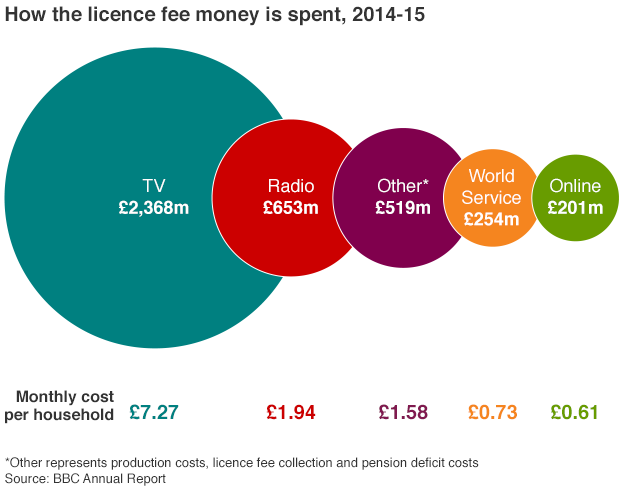

The BBC responded by saying that public consultation should be a key part of charter review.
"It is important that we hear what the public want. It should be for the public to decide whether programmes like Strictly or Bake Off, or stations like Radio One or Two, should continue.
"As the Director-General said on Tuesday, the BBC is not owned by its staff or by politicians, it is owned by the public. They are our shareholders. They pay the licence fee. Their voice should be heard the loudest."
The BBC Trust has announced it will carry out its "biggest ever consultation" to ensure the public's voice will be heard in the review process.
- Published16 July 2015
- Published16 July 2015
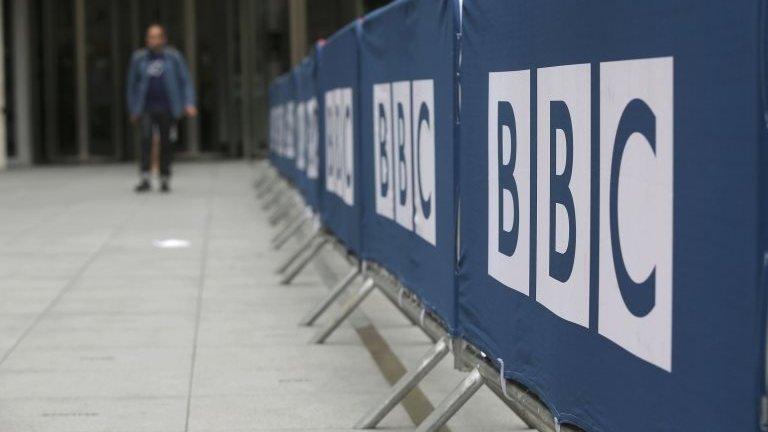
- Published16 July 2015
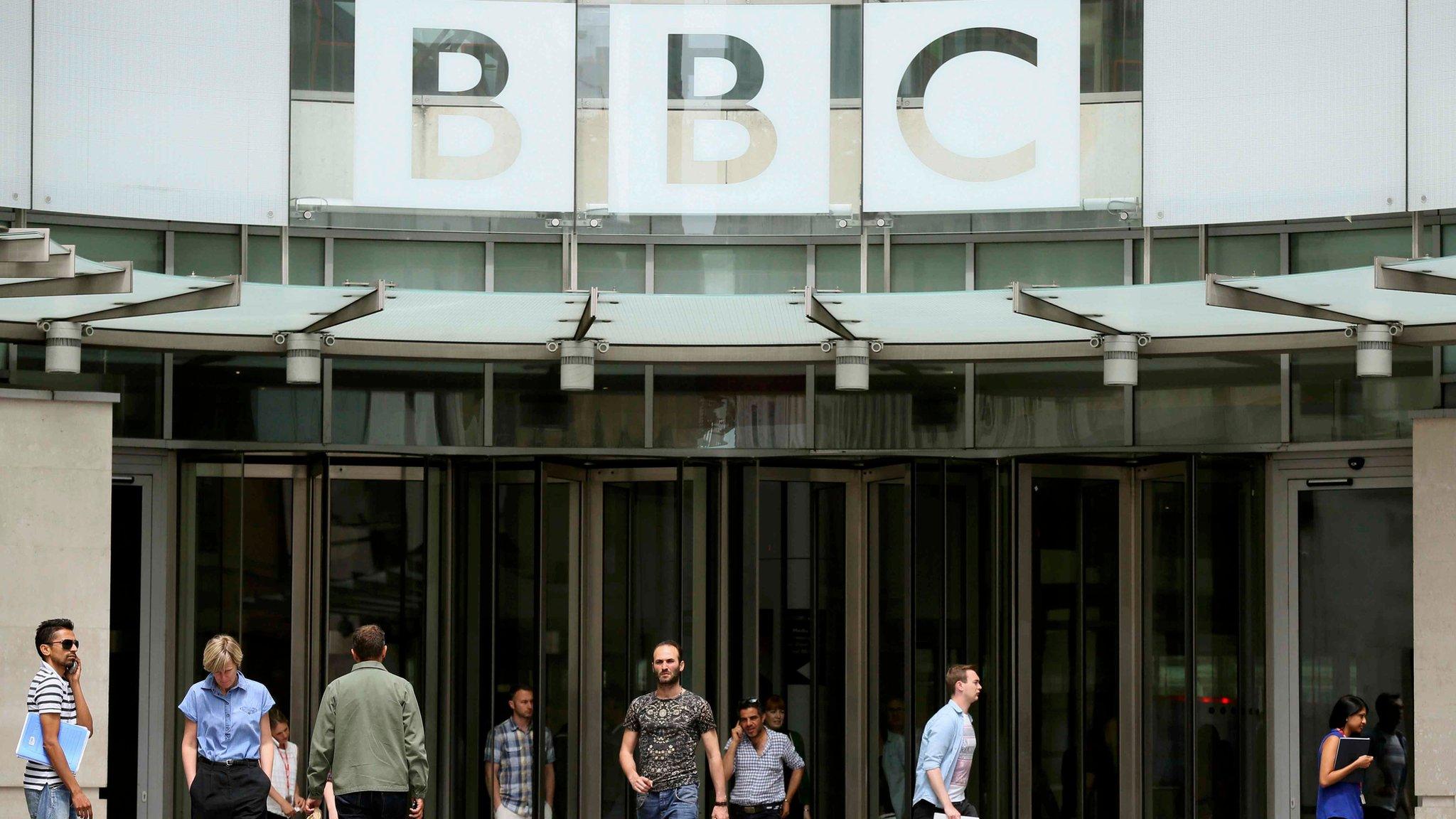
- Published15 July 2015
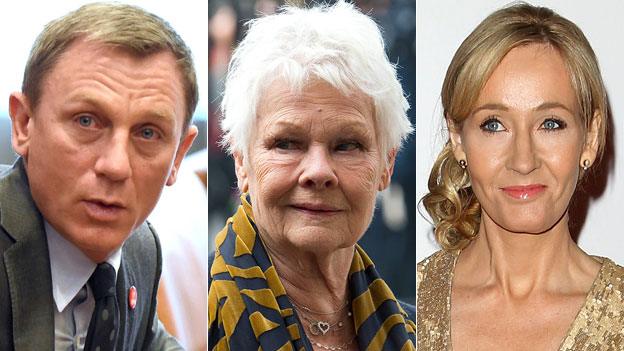
- Published14 July 2015
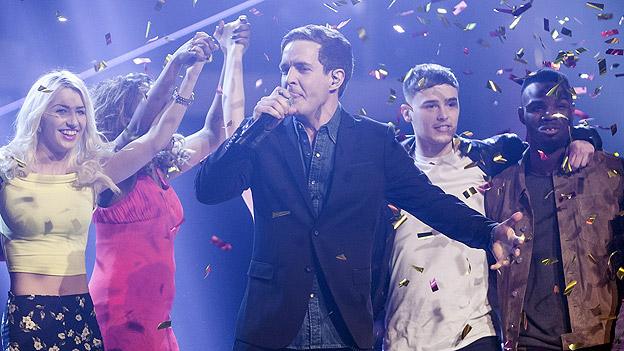
- Published12 July 2015
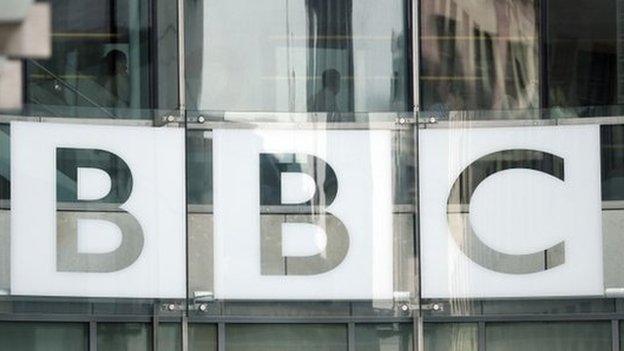
- Published7 July 2015
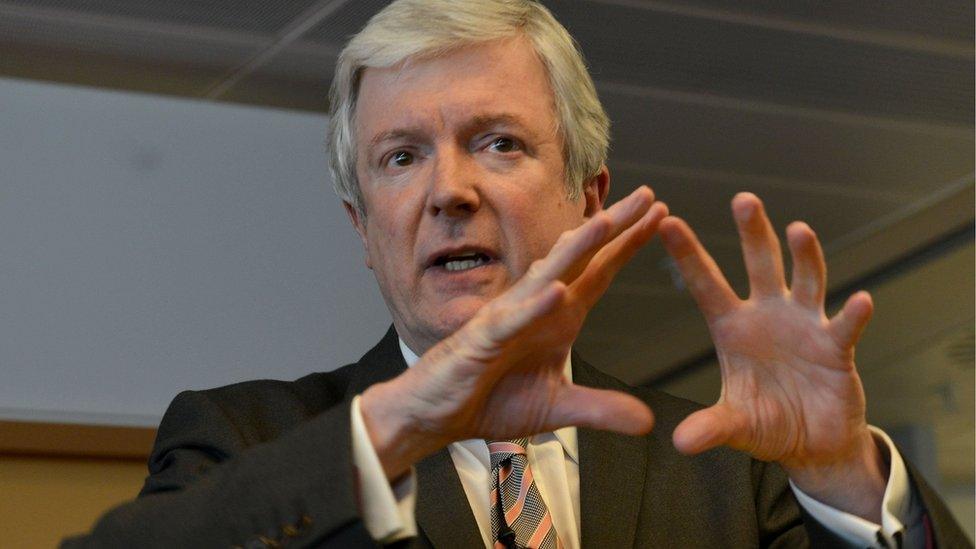
- Published6 July 2015
